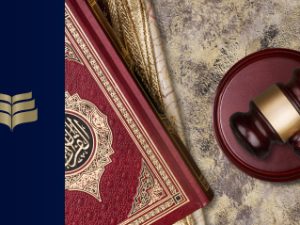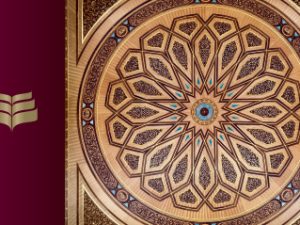The Fiqh of Menstruation
- Description
- Curriculum

This is a topic which applies to every Muslimah; therefore, it is an essential course to study. Many of the fuqahaa mention that it is obligatory upon every Muslimah to educate herself on these issues. To be unaware of these issues may lead to her displeasing Allah by leaving something that is obligatory or performing something that is unlawful. This is because haid is a state of impurity and purity plays a very big role in many of the acts of worship we are required to do like salaah, sawm, recitation of Qur’aan etc. therefore, it is necessary for a muslimah to learn about these issues as it will directly affect her worship of Allah and hence affect her relationship with Allah.
This course will cover all the rulings pertaining to Haid (menstruation) as well as Istihaadah (irregular bleeding) and Nifaas (post-partum bleeding). There are also other important issues such as Tahaarah (cleanliness) which will be covered.
This course will be based upon Sheikh Saalih Al ‘Uthaimeen’s ‘The Natural Blood of Women’.
In this course you will learn:
– What are the signs of puberty?
– What is the meaning of menses?
– At what age does menses start and end?
– Can the state of menses change?
– How does menses affect one’s ibaadah?
– How does one become pure from their menses?
– What is the difference between the menses and irregular bleeding?
– What are the different states of istihaadah?
– How does istihaadah affect ones’ ibaadah?
– What are the rulings pertaining to nifaas?
– Are women allowed to use haid-inhibitors/stimulants?
– Is contraception allowed in Islam?
– Is abortion allowed in Islam?








